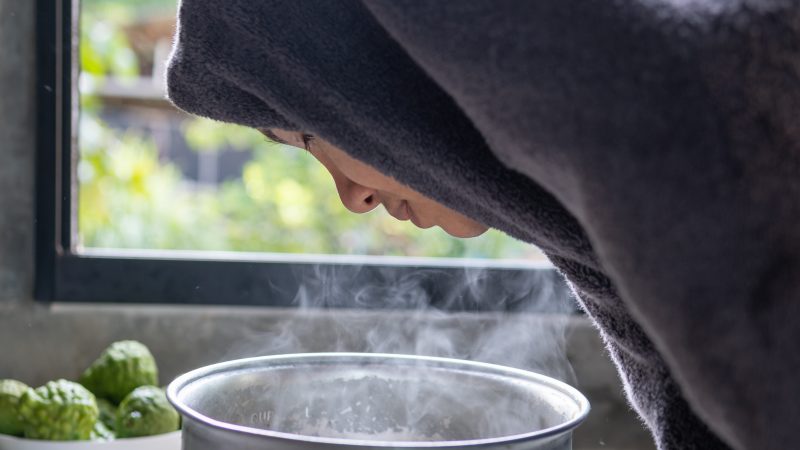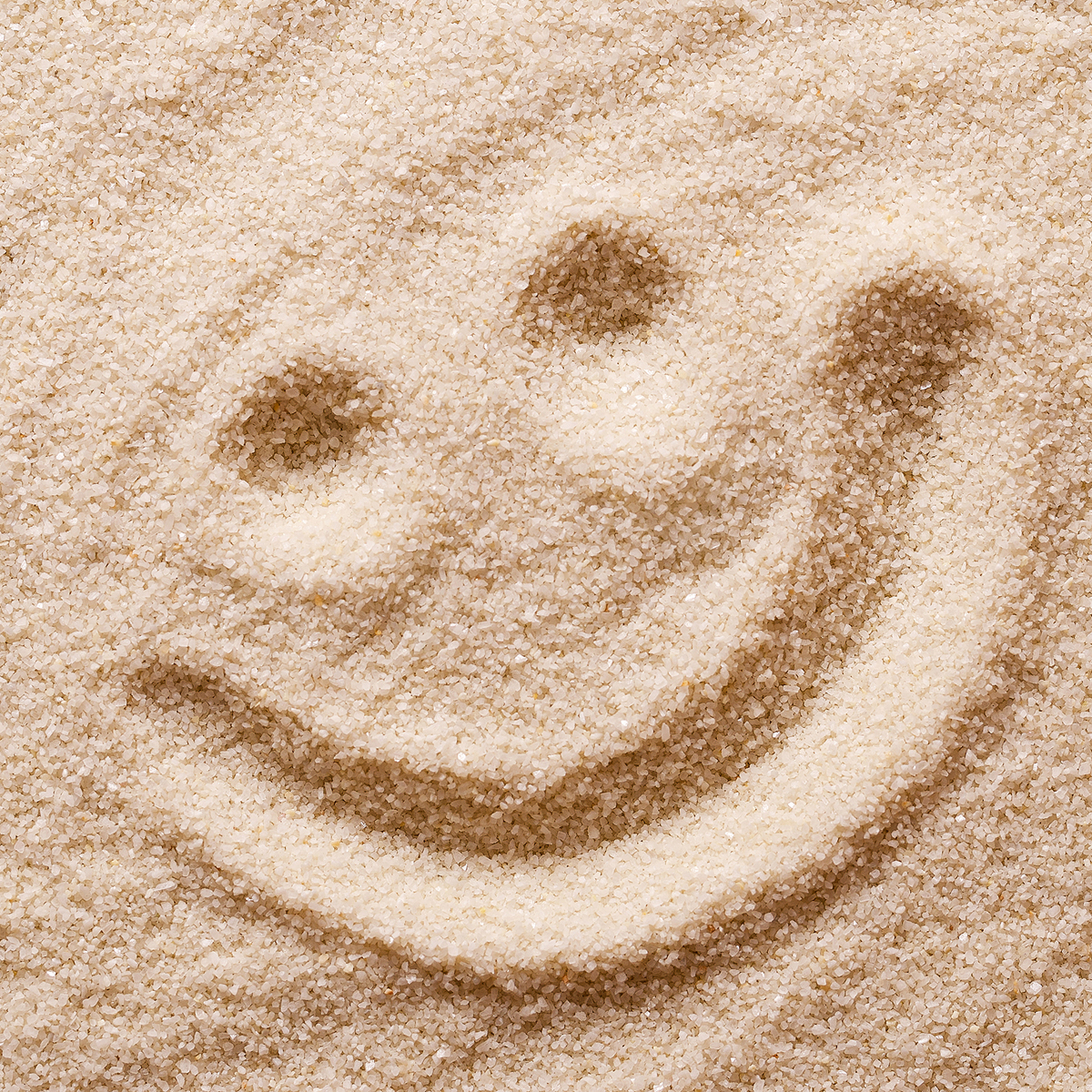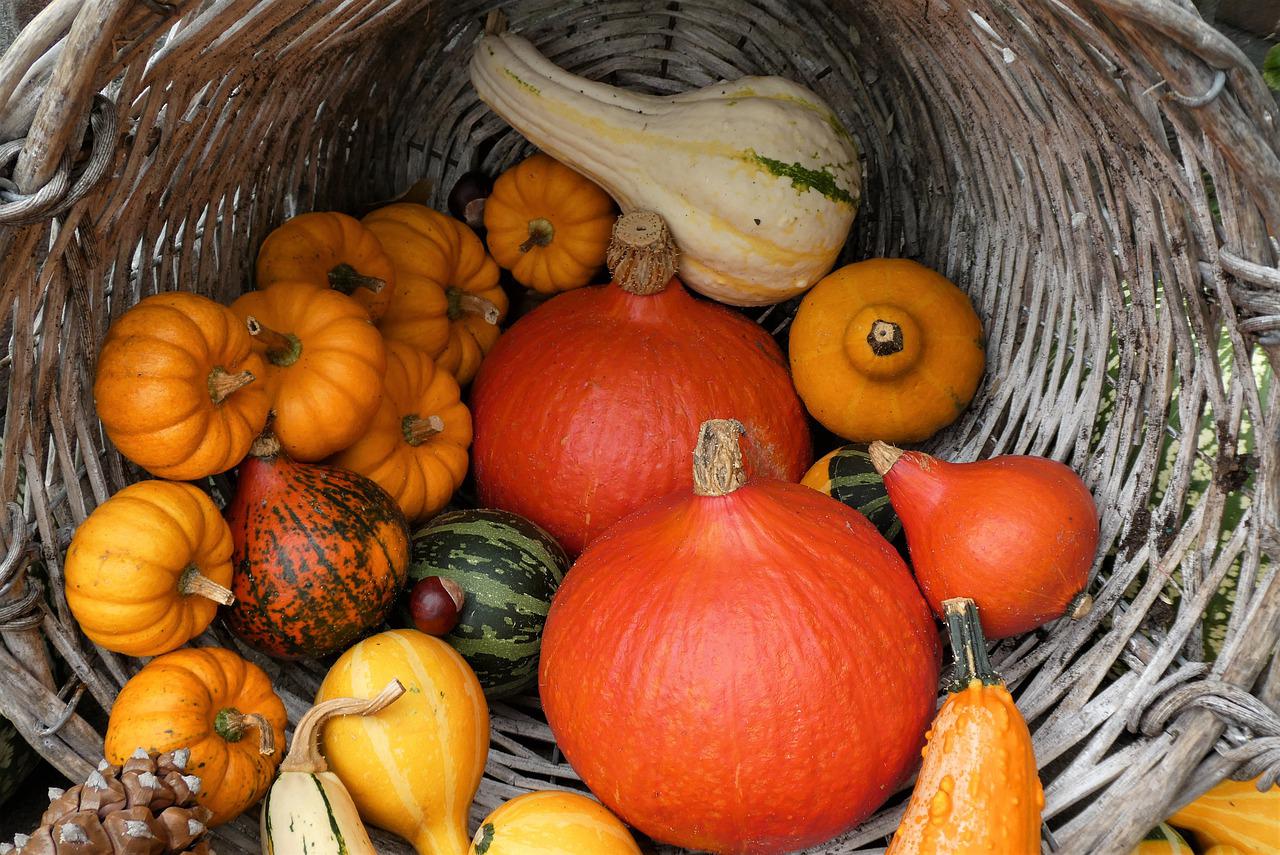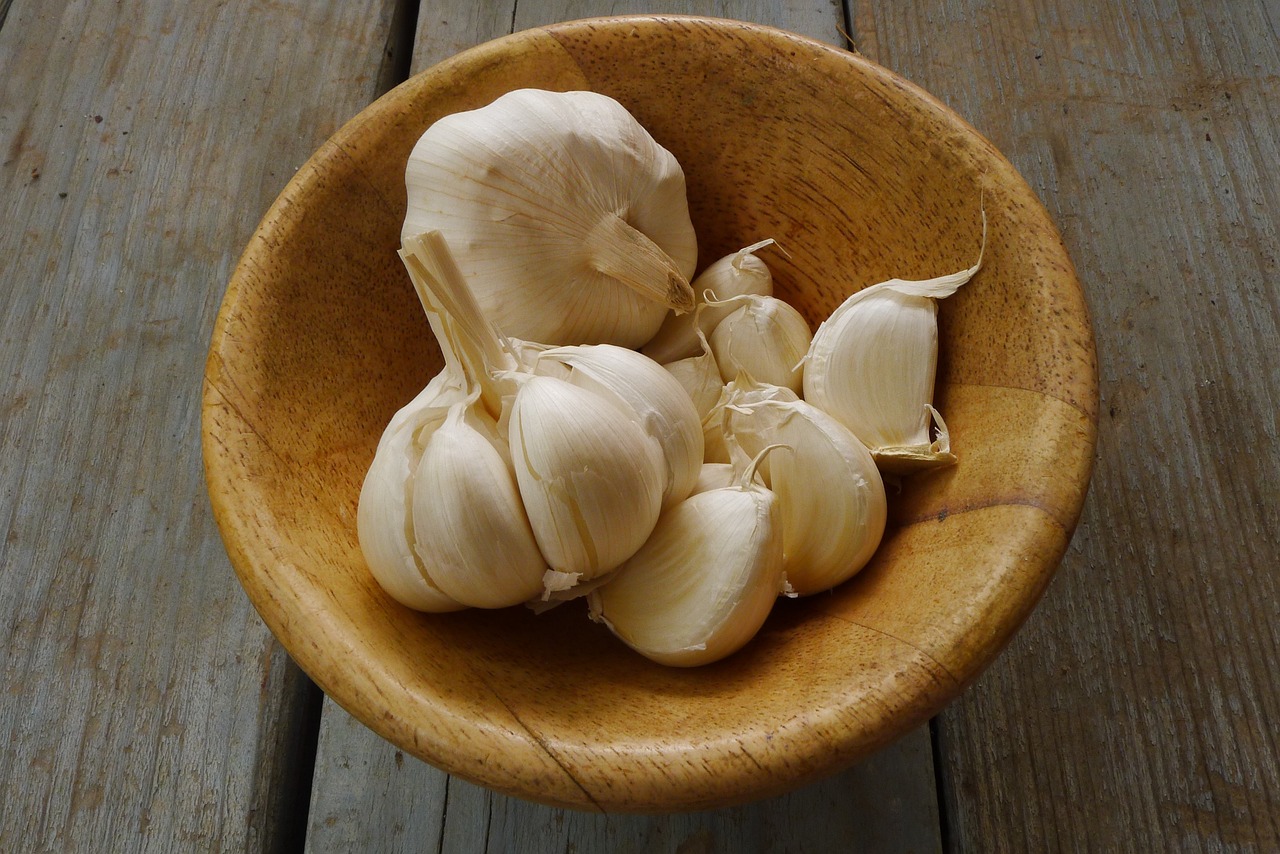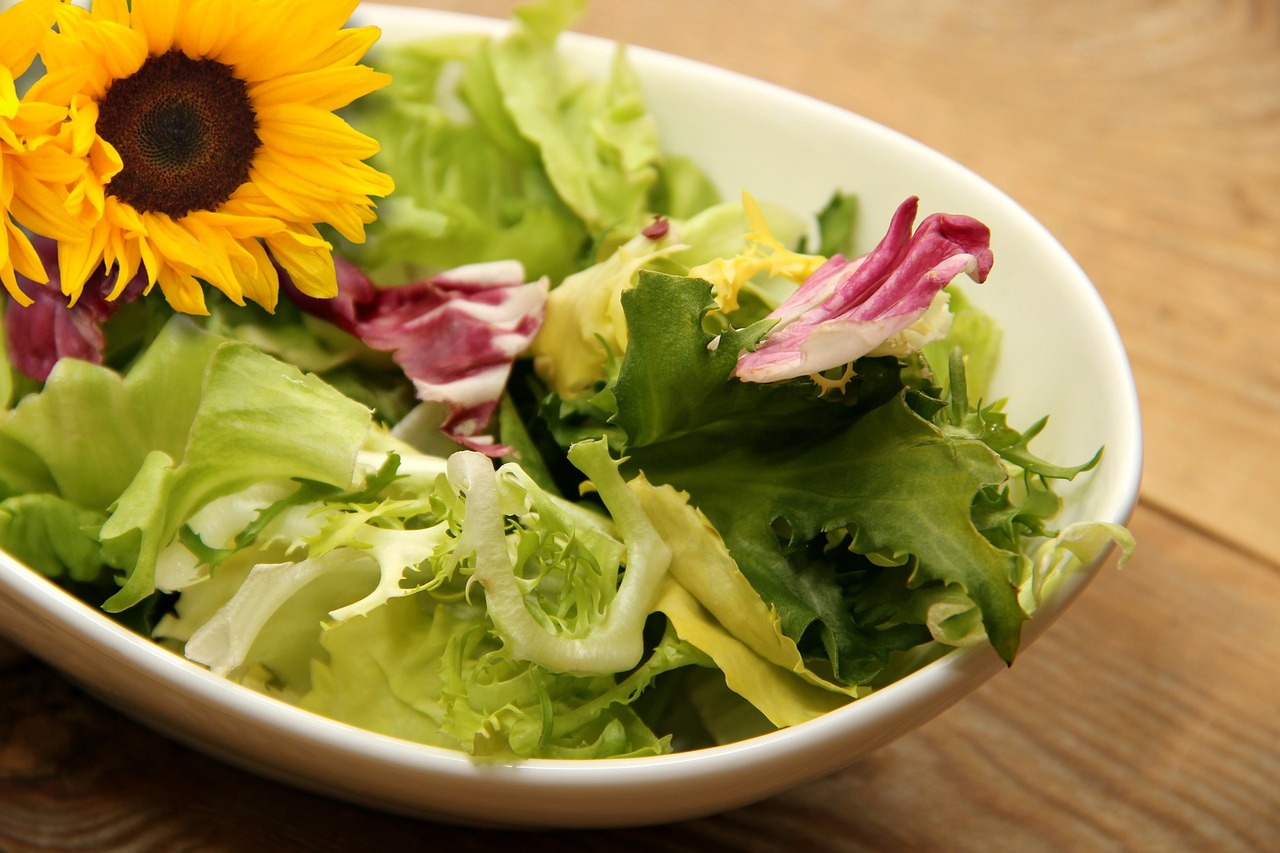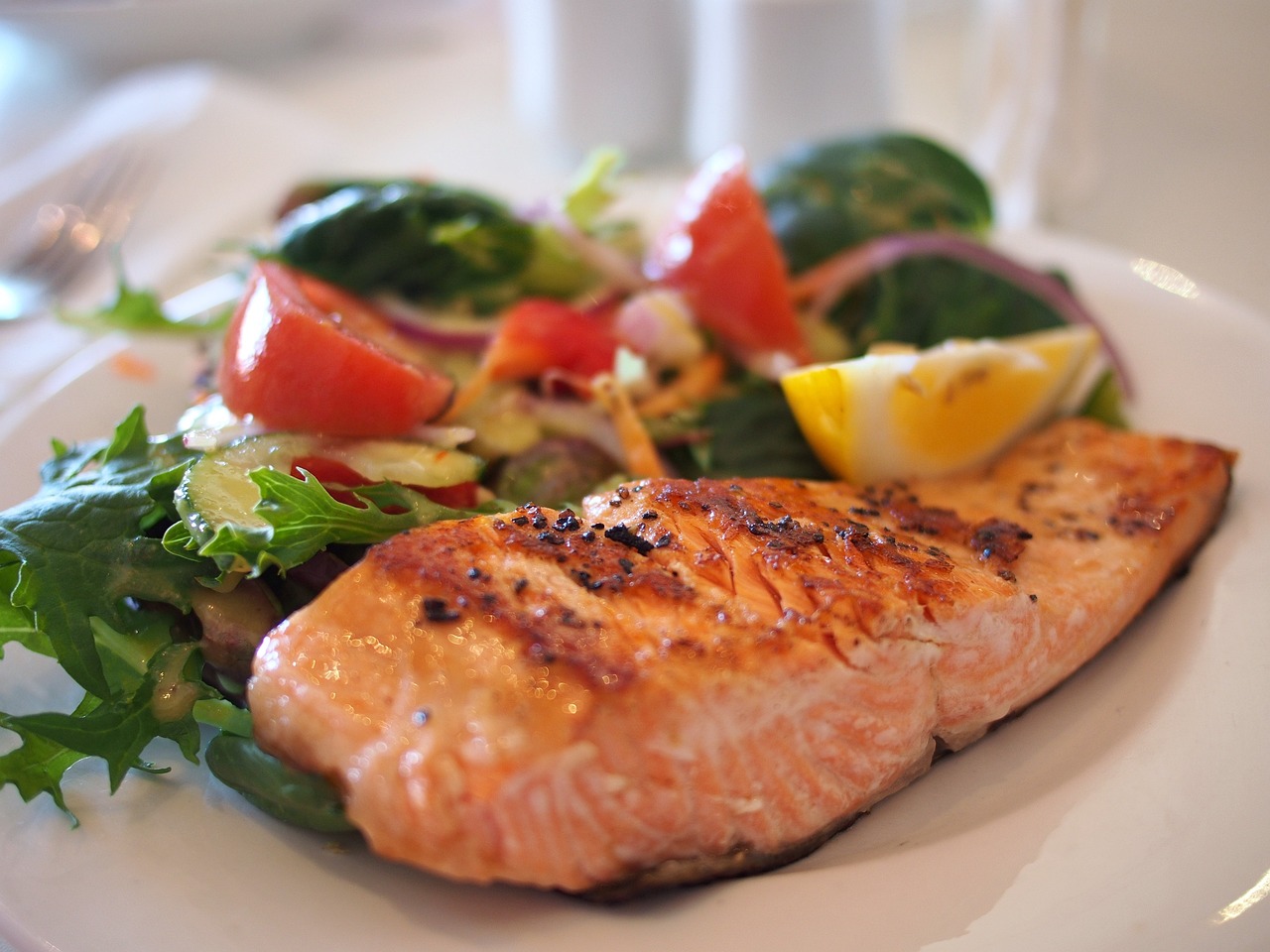Mandarin Oranges: Health Benefits & Recipes

Mandarin oranges, also known as “mandarins” or “tangerines,” are small, vibrant citrus fruits that pack a punch in both flavor and nutrition. These little gems are like miniature suns, radiating sweetness and health benefits. But do they really provide the same nutrients as their larger citrus cousins? Let’s peel back the rind and find out!
Fun Facts About Mandarins
- Origins and Legends:
- Mandarins have a rich history. They are believed to have originated in China, where they were considered a symbol of good luck and prosperity.
- The name “mandarin” comes from the bright orange robes worn by high-ranking Chinese officials during the Qing Dynasty. It reflects the fruit’s regal status.
- They are commonly found in grocery stores during the winter months, making them a popular choice for holiday fruit baskets.
- One interesting fact about mandarin oranges is that they are often called “baby oranges” due to their small size.
- Easy to Peel:
- One of the most delightful aspects of mandarins is their thin, loose skin. Unlike some other oranges, you can effortlessly peel a mandarin with your fingers—no knife required!
- Seedless Varieties:
- Many mandarin varieties are seedless, making them a convenient snack. No need to spit out pesky seeds!
Nutritional Showdown: Mandarins vs. Oranges
Vitamin C Showdown
Vitamin C is essential for immune health, skin integrity, and overall well-being. So, how do mandarins stack up against regular oranges?
- Mandarins:
- A typical mandarin provides about 30–40 milligrams of vitamin C.
- They might be smaller, but they’re still vitamin C powerhouses.
- Oranges:
- A medium-sized orange contains around 70 milligrams of vitamin C.
- Oranges win this round, but mandarins hold their own.
Fiber Face-Off
Fiber keeps our digestive system happy and helps regulate blood sugar levels. Which fruit wins the fiber battle?
- Mandarins:
- Mandarins are surprisingly high in dietary fiber for their size.
- One mandarin offers about 2 grams of fiber.
- Oranges:
- Oranges are slightly ahead, providing around 3 grams of fiber per medium fruit.
Antioxidant Show
Antioxidants protect our cells from oxidative damage. Both mandarins and oranges are rich in these free-radical fighters.
- Mandarins:
- Mandarins contain flavonoids like naringenin and hesperidin, which have antioxidant properties.
- Their vibrant orange color hints at their antioxidant content.
- Oranges:
- Oranges boast a similar lineup of antioxidants, including vitamin C, beta-carotene, and flavonoids.
Health Benefits of Mandarins
Boosted Immunity:
Thanks to their vitamin C content, mandarins strengthen your immune system. Snack on them during cold and flu season!
Skin Glow:
The antioxidants in mandarins promote healthy skin by fighting free radicals. Say hello to that radiant glow!
Heart Health:
The flavonoids in mandarins contribute to heart health by reducing inflammation and improving blood flow.
Low-Calorie Snack:
Need a guilt-free snack? Mandarins are low in calories but high in satisfaction.
Antioxidants: The antioxidants found in mandarin oranges can help to reduce inflammation and improve overall health.
Try incorporating mandarins into your skincare routine with a DIY face mask or into your meals with recipes like a mandarin and spinach salad or mandarin chicken stir-fry.
Mandarin Skincare: DIY Face Mask

Whip up this nourishing DIY Mandarin Face Mask with honey and yogurt for a radiant, healthy complexion. A truly sunny treat for your skin!
Ingredients:
1 mandarin, 1 tablespoon honey, 1 tablespoon yogurt
Instructions: Squeeze the juice from the mandarin into a small bowl. Mix in the honey and yogurt until well combined. Apply the mask to your face, avoiding the eye area. Leave on for 15-20 minutes, then rinse off with warm water.
The vitamin C in mandarins helps brighten the skin and promote a healthy complexion.
Mandarin and Spinach Salad
Ingredients:
- 2 mandarins
- 2 cups fresh spinach
- 1/4 cup sliced almonds
- 1/4 cup dried cranberries
- 2 tablespoons balsamic vinaigrette
Directions:
Peel the mandarins and separate into segments. In a large bowl, combine the mandarin segments, spinach, almonds, and dried cranberries. Drizzle the balsamic vinaigrette over the salad and toss to combine.
This salad is packed with vitamins and antioxidants, perfect for boosting your immune system and overall health.
Mandarin Chicken Stir-Fry
Ingredients:
- 1 lb chicken breast (sliced into strips)
- 2 mandarins, peeled and segmented
- 1 bell pepper, sliced
- 1/2 onion, sliced
- 2 cloves garlic, minced
- 1/4 cup soy sauce
- 2 tablespoons honey
- 1 tablespoon cornstarch
- 1 tablespoon sesame oil
Directions:
In a small bowl, whisk together soy sauce, honey, and cornstarch to make a sauce. Heat sesame oil in a pan over medium heat, then add chicken strips and cook until browned. Add onion, bell pepper, and garlic to the pan and sauté until veggies are tender. Pour the sauce over the chicken and veggies, stirring to combine. Add mandarin segments and cook for an additional 2-3 minutes.
Serve the stir-fry over rice or noodles for a delicious and citrusy meal.
Mandarin vs. Orange: The Citrus Showdown
In the citrus showdown, both mandarins and oranges bring their A-game. Whether you’re peeling a mandarin or slicing into an orange, you’re treating your taste buds and your body to a burst of sunshine. So, the next time you reach for a mandarin, know that you’re getting a sweet, nutritious package wrapped in a little orange hug! 🌞🧡 .
Remember, life is zestier with mandarins! 🍊
Disclaimer: Always consult with a healthcare professional before making significant dietary changes.
The Author:
Pioneerthinking.com: Ingredients for a Simple Life. Insights from a seasoned professional rooted in country living, with 28 years of horticulture expertise and over two decades of practical experience in homesteading, natural beauty, natural health, cooking and creative living.
Photo. Gemini

